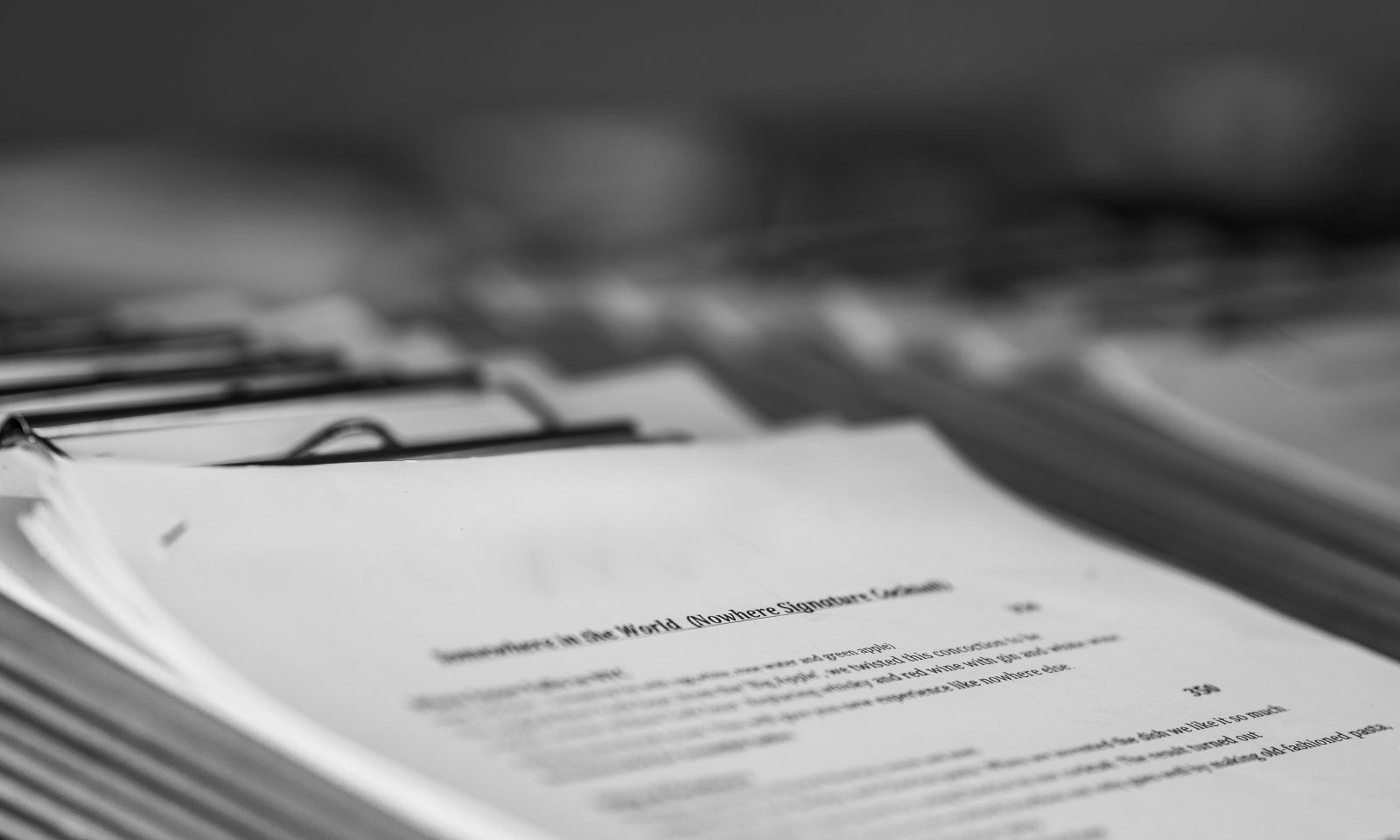Opening Knowledge: Retaining Rights and Licensing in Europe 2023
The new report of the Knowledge Rights 21 project partner SPARC Europe is now available.
‘Opening Knowledge: Retaining Rights and Licensing in Europe 2023’: https://lnkd.in/eVg9HTK7
The report reveals the progress of institutional rights preservation policies in Europe, provides insights into open access rights preservation policies and offers options to address different situations.
The report is of particular importance because there is a diversity of stakeholders who play an important role in making research publications accessible and re-usable, and the value of dialogue in overcoming fears, misunderstandings and disagreements.
What are some of the key recommendations?
Institutional policymakers: amplify existing policies supporting rights retention.
Funders & legislators: formulate policies accommodating different contexts, but adhering to common frameworks that support institutions and their authors advocating for change relating to author rights retention, copyright transfer and open licensing.
Publishers: support authors and institutions in retaining rights over their creations to foster immediate open access and reuse, respond clearly to rights retention inquiries, set zero embargoes, and use open access Creative Commons licences.
The Grand Board of the European Union Intellectual Property Office (EUIPO) finally ruled that the figurative sign ‘COVIDIOT’ cannot be registered as an EU trademark.
The 4th Open Knowledge Day took place on Tuesday 17 October 2023, with an accompanying workshop on 18 October 2023. This year it was organised by the Open Data and Intellectual Property Institute (ODIPI) and supported by Knowledge Rights 21 (KR21).
We invite you to the fourth Open Knowledge Day and the workshop, which will take place this year within the framework of the programme and with the support of Knowledge Rights 21. The event will bring together experts from different European countries to discuss two topics: the first part will deal with the legal basis for data analytics, which is a key part of machine learning and related artificial intelligence, and the general exception for research. In the second part, open science in theory and practice will be presented both in Slovenia and in some Western Balkan countries. Representatives of research and educational institutions from Slovenia and the Western Balkan countries, as well as interested members of the public, are invited to attend.
Dr. Maja Bogataj Jančič, a renowned expert in copyright law, has joined the Berkman Klein Center for Internet & Society at Harvard University, where she will serve as an affiliate researcher for the next two years.





